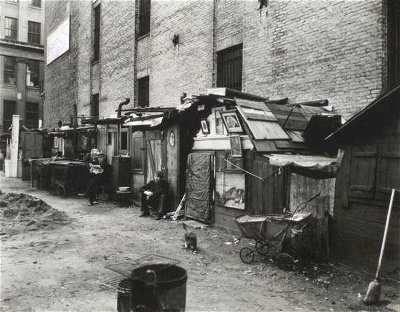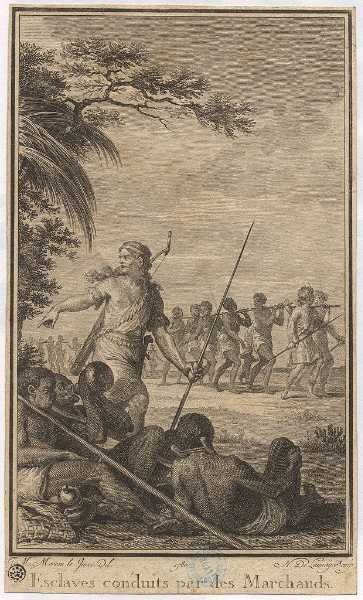 Some US presidents disappear into the mists of history, and don't stand out like Lincoln, Washington, Kennedy, and other biggies. Presidential trivia experts might recognize them, though.
Some US presidents disappear into the mists of history, and don't stand out like Lincoln, Washington, Kennedy, and other biggies. Presidential trivia experts might recognize them, though. Easier, 10 Qns, littlepup,
Feb 07 17
Recommended for grades: 10,11,12
Category:
Presidential Trivia




